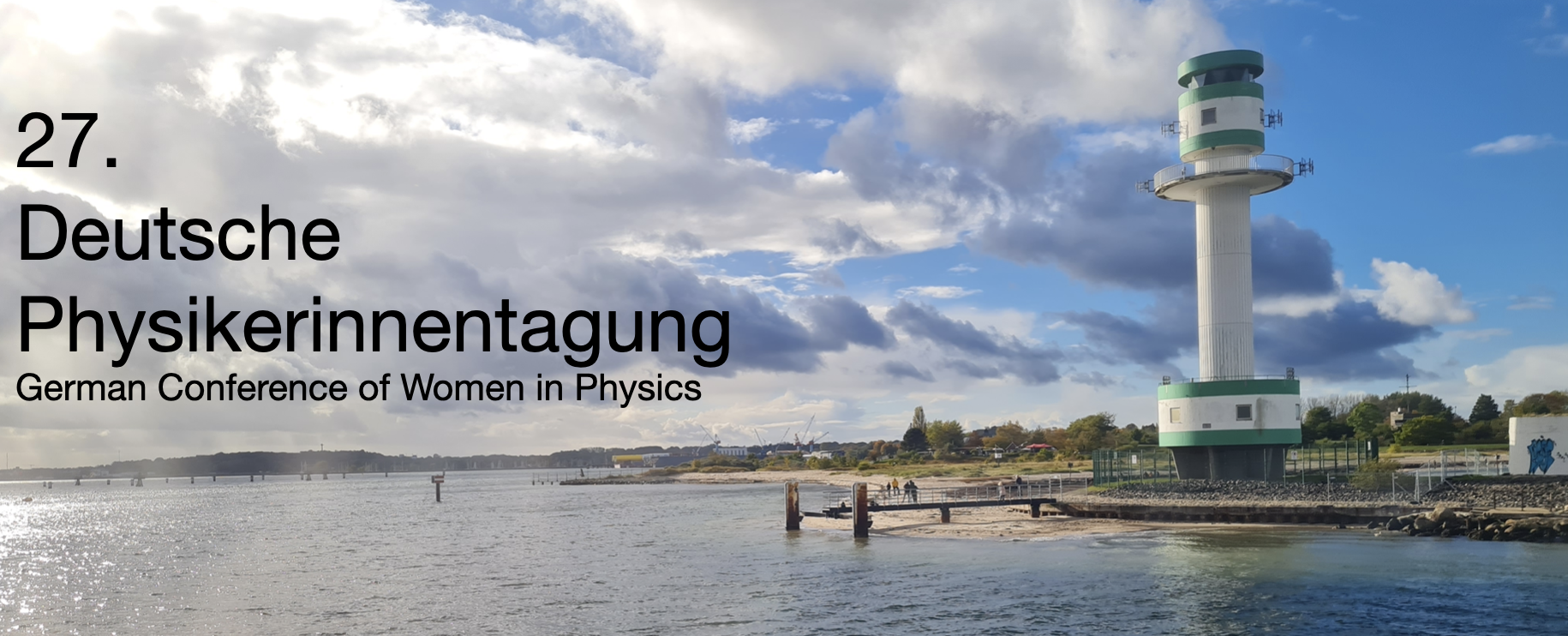Speaker
Description
Physicists may not be exceptional – but they are the exception. Most people do not have an aca-demic background in science beyond their school years. Yet, science plays a vital role in all our lives. As scientists, we depend on public support to fund research, and as a society, we depend on scientific knowledge to address complex, so-called “wicked problems” like climate change or pandemics and public health crises. This means that communicating the value and relevance of science, and enabling people to engage with it meaningfully, is not a side task. It is essential to science itself.
In schools, science education lays the groundwork for scientific literacy. But what does meaning-ful science education look like, what do students need to know about science in general and physics in particular? How do students learn science, and how can teaching adapt to diverse backgrounds and needs? These are questions science education research seeks to answer.
Fostering and applying scientific literacy, however, is a lifelong process – it doesn’t end with school. How can we present scientific information so that it is accessible, relevant, and usable in everyday life? How do scientists contribute to informed public discourse, especially in the face of misinformation, polarization, or science denial? These are questions science communication re-search seeks to answer.
In this talk, I will argue why physics and science more broadly needs science education and communication research. I will focus on emotions as a boundary concept that connects these fields. Emotions shape, for instance, how we learn, what we value, whether we trust science, scientists or scientific institutions, how we assess risks, and how we make decisions. A deeper understanding of emotional processes not only helps us reach people more effectively; it helps us respect their perspectives and support their agency. In this way, emotions are not obstacles to science, but essential to making science matter.

